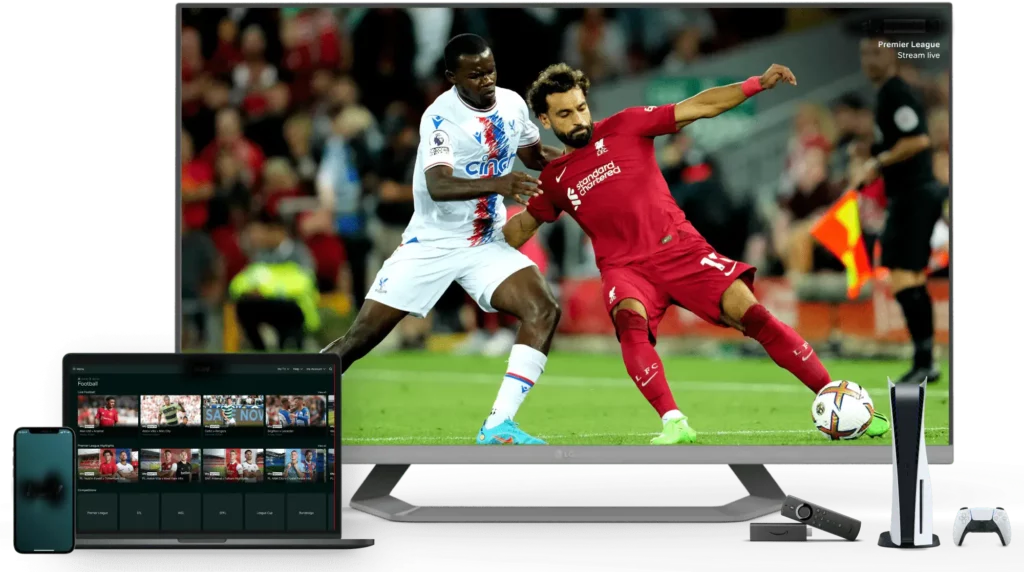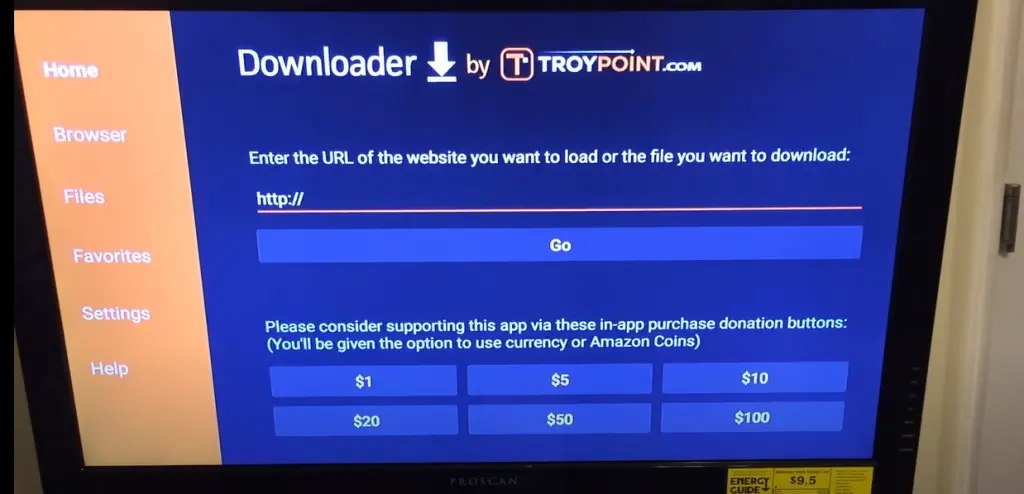Why Does My IPTV Buffer?
Internet Protocol Television (IPTV) has become the talk of the town, they allow easy access to TV channels via the internet without the need for a cable box or a dish. However, there are few downsides to using IPTV services, one of them is buffering. Many people get frustrated when they are trying to watch their favorite show, and the video keeps stopping to buffer, leaving them waiting for the video to load.
Buffering in IPTV services can happen due to various reasons. In this article, we will explain the most common causes of buffering in IPTV and the ways to fix it.
1. Slow internet speed:
The most common reason for buffering in IPTV is a slow internet connection. IPTV requires high-speed internet to stream video without any interruptions. If you have a slow internet connection, the video will stop randomly to buffer, and it won’t start playing until the data is fully loaded.
Solution: Make sure that you have a stable internet connection with high-speed bandwidth to avoid buffering. Consider upgrading your internet plan, or you can connect the internet via Ethernet cables, and disable all other devices from the internet while using IPTV.
2. High-density traffic:
When too many devices are connected to the internet, the available bandwidth is distributed, causing buffering in IPTV. This is more common during peak hours in which the traffic on your internet is already high.
Solution: Disconnect all other devices that are using the internet and close all downloads or uploads, ensure that your bandwidth is dedicated only to IPTV.
3. Insufficient hardware:
IPTVs require specific hardware requirements to work seamlessly, and older devices might not be capable of handling the load and processing requirements. Hence it can hinder the smooth streaming of the video.
Solution: To enjoy seamless streaming on IPTV services, it is recommended that you have an upgraded device that meets the requirements. Most IPTV providers offer support for several devices, from Amazon fire sticks, Smart TVs, set-top boxes to dedicated machines, and smartphones.
4. Overloaded server:
IPTV providers use servers to stream video to their subscribers. Sometimes, when a server doesn’t have enough processing power or memory, it will become overloaded, causing buffering.
Solution: To avoid buffering caused by an overloaded server, switch to another server, or if your provider offers load balancing, let the provider automatically shift the users to other available server which will help in reducing the load on the present ones.
Conclusion:
Buffering in IPTV is frustrating, but it’s not a problem that can’t be fixed. The most common reasons why IPTV buffers include a slow internet connection, high-density traffic, insufficient hardware, and overloaded servers. To minimize buffering, make sure that you have a stable and high-speed internet connection, disconnect other devices that are using the internet, ensure your hardware meets the requirements, and switch to another server. With these steps, you can enhance your IPTV experience and enjoy buffer-free streaming.
Get your subscription today: iptvuk.uk






